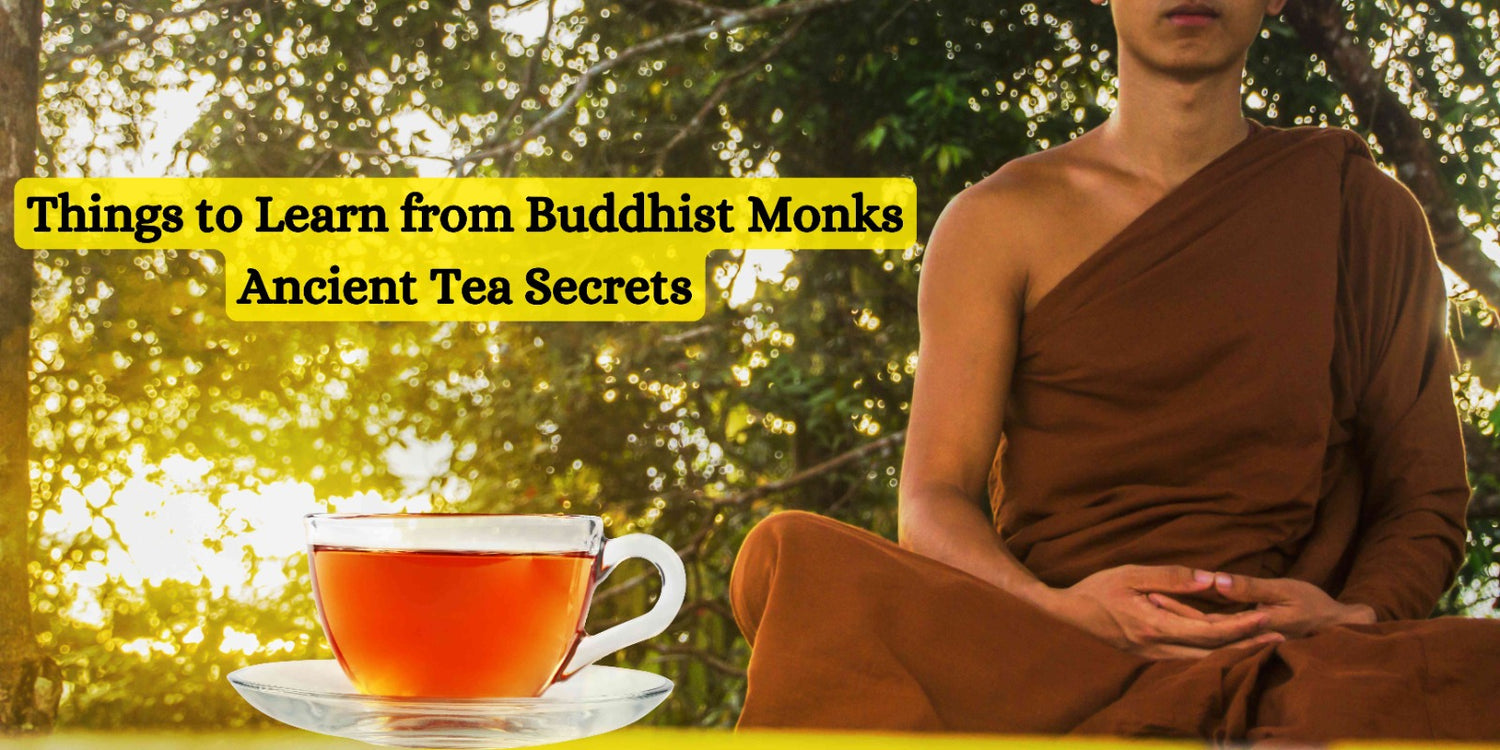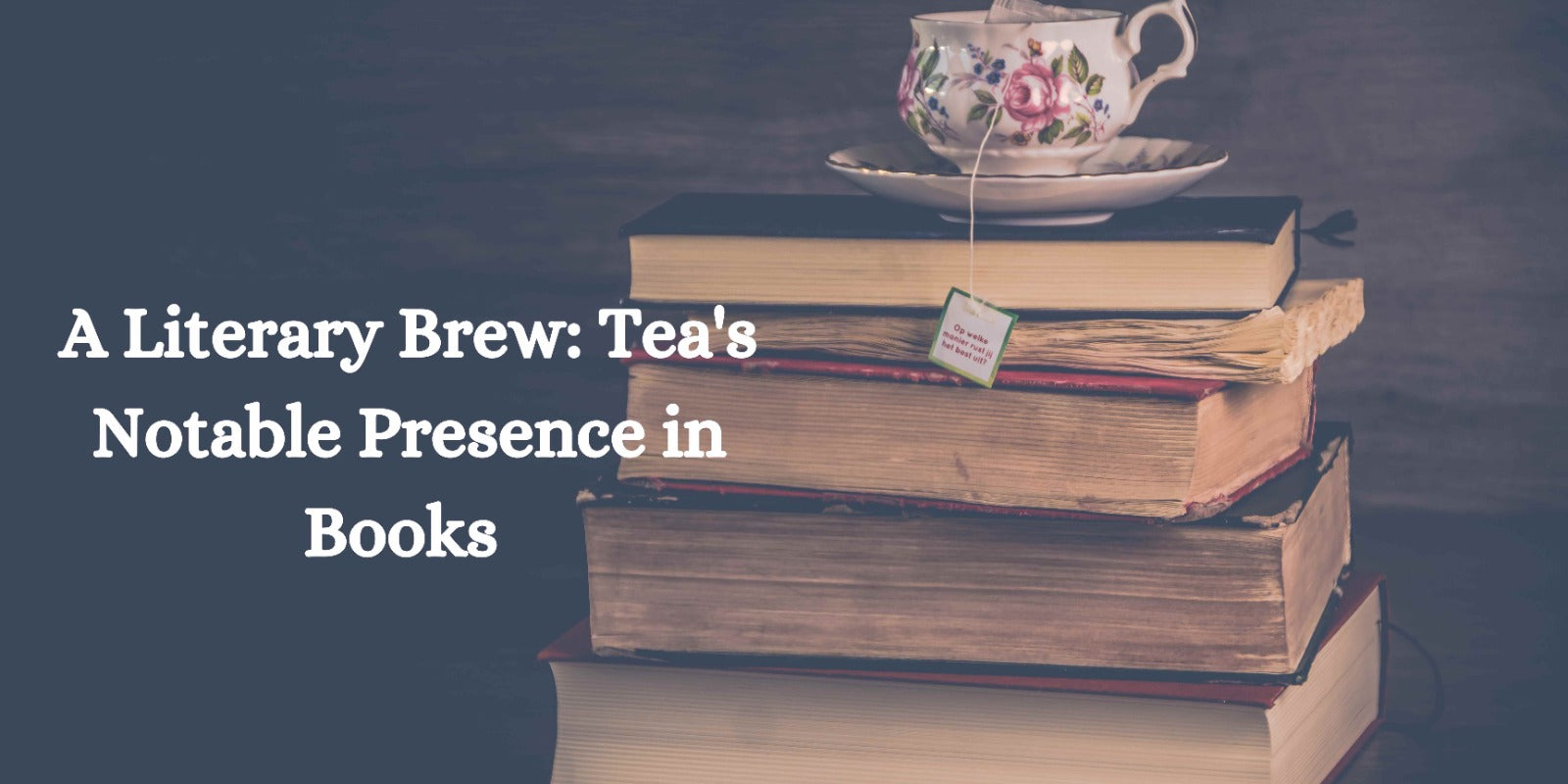Tea has played a significant role in Buddhist traditions for centuries, not only as a beverage but as a spiritual companion. Buddhist monks have developed a deep connection with tea, using it as a tool to enhance meditation, mindfulness, and overall well-being. Their ancient tea secrets offer profound lessons that go beyond brewing a cup. This blog explores what we can learn from Buddhist monks' tea traditions and how these practices can improve our daily lives.
1. Tea as a Tool for Mindfulness
For Buddhist monks, the act of preparing and drinking tea is a sacred ritual, performed with full attention and intention. This practice cultivates mindfulness, helping them stay present in the moment.
Lesson:
Incorporate mindfulness into your tea routine. Pay attention to the details; the aroma, the warmth of the cup, and the flavors in every sip. This simple practice can ground you in the present and reduce stress.
2. The Art of Simplicity
Buddhist monks value simplicity in all aspects of life, including their tea practices. They often use simple tools like clay pots or handmade cups, focusing on the essence of the tea rather than elaborate setups.
Lesson:
Simplify your tea rituals. You don't need a complicated brewing process or exotic ingredients to enjoy a great cup of tea. A simple cup of tea, brewed with care, can be just as fulfilling.
3. Tea as a Spiritual Aid
Tea is often consumed before or during meditation in Buddhist traditions. Certain teas, like green tea or matcha, are believed to help clear the mind and enhance focus, making them ideal companions for spiritual practices.
Lesson:
Use tea to enhance your focus. Whether you’re meditating, working, or studying, a calming tea can help center your thoughts and improve concentration.
4. The Healing Properties of Tea
Tea has been a valued part of Buddhist monastic life for its numerous health benefits. Herbal teas are often chosen for their medicinal properties, such as aiding digestion, boosting immunity, and calming the mind.
Lesson:
Explore the health benefits of tea. Choose teas based on your needs—green tea for antioxidants, chamomile for relaxation, or ginger tea for digestion. By aligning your tea choices with your health goals, you can integrate wellness into your daily routine.
5. Connection with Nature
Monks see tea as a gift from nature and a reminder of our interconnectedness with the environment. The growing, harvesting, and brewing of tea are viewed as acts of gratitude toward the Earth.
Lesson:
Develop a deeper appreciation for the natural origins of tea. Opt for sustainably sourced teas, and when possible, grow your own herbs. This connection with nature can enhance your sense of gratitude and well-being.
6. Sharing Tea as a Social Bond
In many monasteries, tea ceremonies are communal events that strengthen bonds between monks. Sharing tea creates a sense of unity and harmony.
Lesson:
Share tea with others. Invite friends or family for a simple tea gathering. Sharing a quiet moment over tea fosters meaningful connections and brings people closer.
7. The Importance of Rituals
Buddhist tea practices are highly ritualistic, emphasizing the importance of creating consistent habits that bring peace and order to life.
Lesson:
Create your own tea ritual. Whether it’s a morning cup to start your day or an evening tea to unwind, having consistent practice can bring structure and calmness to your life.
8. Embracing Patience
Monks brew tea with patience, letting the leaves steep fully to release their essence. This teaches the value of waiting and enjoying the process.
Lesson:
Practice patience in your tea-making and in life. Avoid rushing; let your tea steep fully and savor the process. This can serve as a reminder to slow down in other areas of your life as well.
Conclusion
The ancient tea secrets of Buddhist monks go beyond the act of brewing and drinking. They teach us mindfulness, simplicity, gratitude, and the importance of connection and patience. By incorporating these lessons into your tea practices, you can transform an ordinary cup of tea into a meaningful ritual that nurtures your body, mind, and spirit.
Let tea be more than a beverage—let it be a journey of self-discovery and tranquility.




